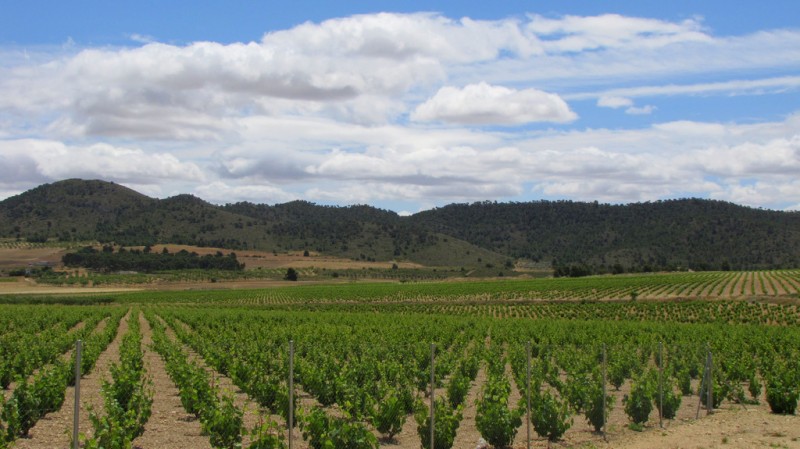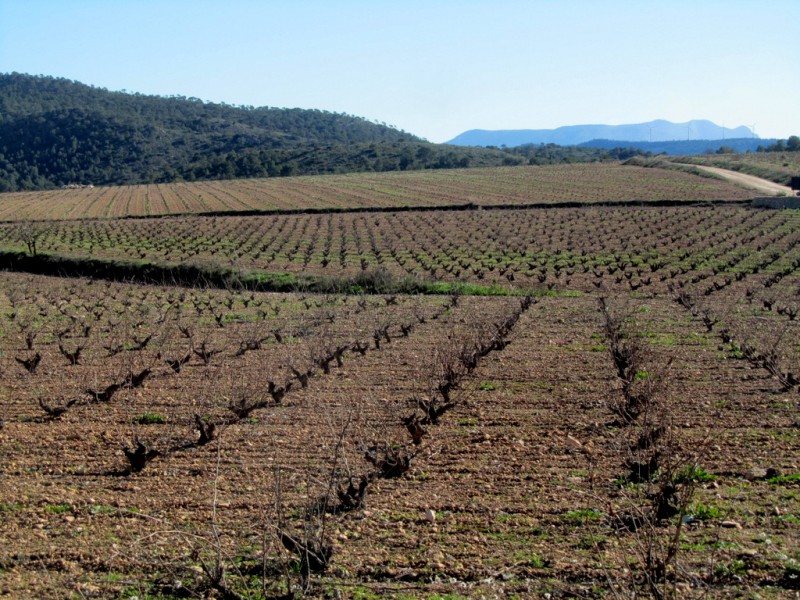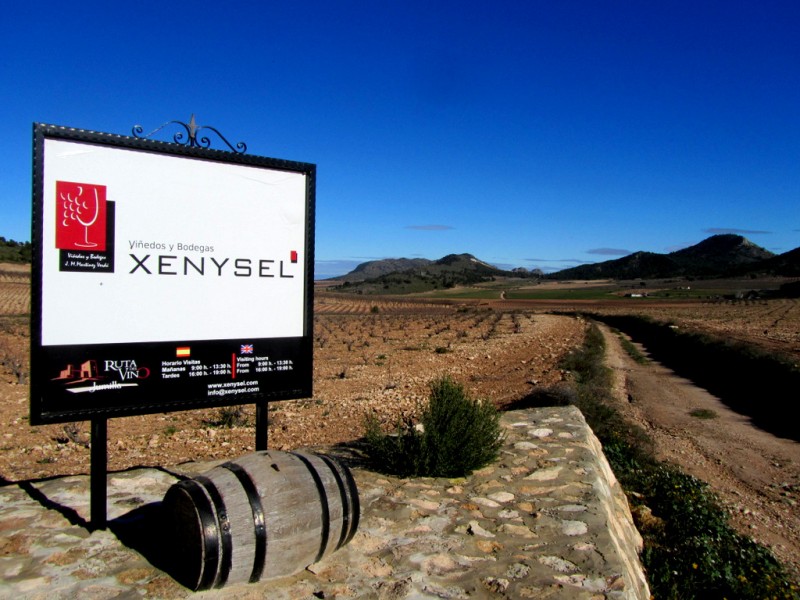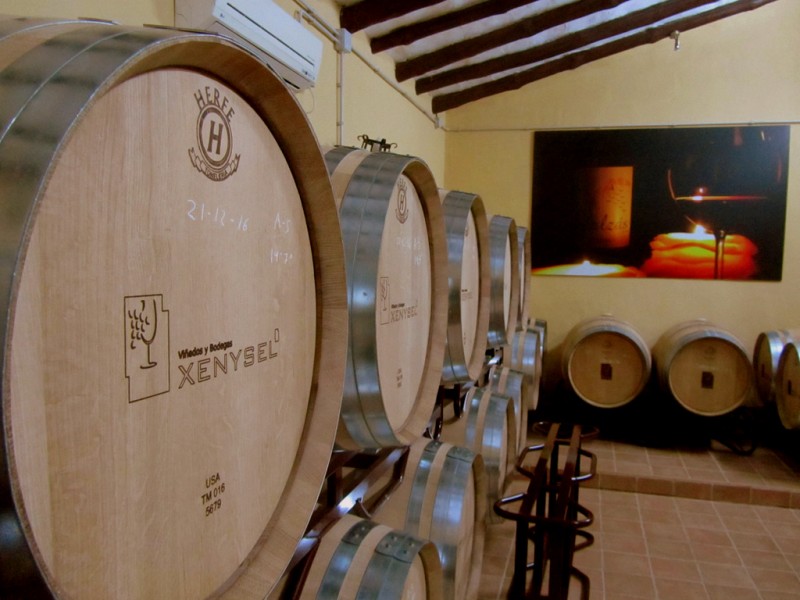- Region
- Águilas
- Alhama de Murcia
- Jumilla
- Lorca
- Los Alcázares
- Mazarrón
- San Javier
-
ALL AREAS & TOWNS
- AREAS
- SOUTH WEST
- MAR MENOR
- MURCIA CITY & CENTRAL
- NORTH & NORTH WEST
- TOWNS
- Abanilla
- Abarán
- Aguilas
- Alamillo
- Alcantarilla
- Aledo
- Alhama de Murcia
- Archena
- Balsicas
- Blanca
- Bolnuevo
- Bullas
- Cañadas del Romero
- Cabo de Palos
- Calasparra
- Camping Bolnuevo
- Campo De Ricote
- Camposol
- Canada De La Lena
- Caravaca de la Cruz
- Cartagena
- Cehegin
- Ceuti
- Cieza
- Condado de Alhama
- Corvera
- Costa Cálida
- Cuevas De Almanzora
- Cuevas de Reyllo
- El Carmoli
- El Mojon
- El Molino (Puerto Lumbreras)
- El Pareton / Cantareros
- El Raso
- El Valle Golf Resort
- Fortuna
- Fuente Alamo
- Hacienda del Alamo Golf Resort
- Hacienda Riquelme Golf Resort
- Isla Plana
- Islas Menores & Mar de Cristal
- Jumilla
- La Azohia
- La Charca
- La Manga Club
- La Manga del Mar Menor
- La Pinilla
- La Puebla
- La Torre
- La Torre Golf Resort
- La Unión
- Las Palas
- Las Ramblas
- Las Ramblas Golf
- Las Torres de Cotillas
- Leiva
- Librilla
- Lo Pagan
- Lo Santiago
- Lorca
- Lorquí
- Los Alcázares
- Los Balcones
- Los Belones
- Los Canovas
- Los Nietos
- Los Perez (Tallante)
- Los Urrutias
- Los Ventorrillos
- Mar De Cristal
- Mar Menor
- Mar Menor Golf Resort
- Mazarrón
- Mazarrón Country Club
- Molina de Segura
- Moratalla
- Mula
- Murcia City
- Murcia Property
- Pareton
- Peraleja Golf Resort
- Perin
- Pilar de la Horadada
- Pinar de Campoverde
- Pinoso
- Playa Honda
- Playa Honda / Playa Paraíso
- Pliego
- Portmán
- Pozo Estrecho
- Puerto de Mazarrón
- Puerto Lumbreras
- Puntas De Calnegre
- Region of Murcia
- Ricote
- Roda
- Roldan
- Roldan and Lo Ferro
- San Javier
- San Pedro del Pinatar
- Santiago de la Ribera
- Sierra Espuña
- Sucina
- Tallante
- Terrazas de la Torre Golf Resort
- Torre Pacheco
- Totana
- What's On Weekly Bulletin
- Yecla


- EDITIONS:
 Spanish News Today
Spanish News Today
 Alicante Today
Alicante Today
 Andalucia Today
Andalucia Today
Jumilla wine route, Bodega Xenysel
An idyllic rural winery in Jumilla
The Xenysel winery in the north-east of the municipality of Jumilla is a reminder that despite the fact that the Monastrell grape is predominant in this part of Spain, there is still room for considerable differentiation between one “bodega” and another, and that niches can be carved in the market by small family-run businesses as well as large corporations.
A visit to Xenysel also shows that as well as closely monitored and automated production techniques, wine-making is also a craft in which there is room for picturesque landscapes, attention to quality as well as quantity and a fully ecological approach, as well as providing proof of the warm welcome extended by those who make their livings from the vineyards to visitors from all over Europe and even further afield.

The history of Bodega Xenysel
Xenysel is one of the youngest wineries in Jumilla, but that is not to say that the Martínez Verdú family are new to the field of grape growing. They have been cultivating Monastrell grapes for generations on the high ground between Jumilla and Yecla, but it was only in 2006 that the decision was made to move into wine production rather than selling the harvests to other producers.
Managing director José María still describes himself modestly as an “agricultor”, or farmer, and he, along with the rest of his family and the employees at Xenysel, ensures that great attention is lavished on the vines and that traditional methods are continued. All of the grapes are picked by hand, but alongside this traditional approach the use of technological innovations has made it possible to implement 100% ecological practices throughout the 200 hectares on which they grow.

The vineyards
Without any doubt one of the great attractions of Xenysel for visitors, apart from the wines themselves, is the location: growing in one of the least developed parts of Jumilla, near the mountains of the Sierra de La Cingla and the Sierra de Los Gavilanes, the vineyards are at an altitude of between 800 and 900 metres above sea level in the lovely valley known as “Valle Hoya de Torres”.
Snow regularly falls here during the winter, and such is the rural nature of the valley that no other buildings are visible from the winery. Almost the only reminder that this is the 21st century is provided by the large wind power generator mills which stand on the mountain-tops behind the vineyards, and at times the only sound is that of birdsong.
It is the valley’s high altitude and its calcareous, sandy and stony soil which in the past have been crucial to the survival of the European root Monastrell vines, often known as “pie franco”, and in order to understand the significance of this, it is necessary to delve into a fascinating episode in the history of wine production in Europe which began in the 19th century.
In 1863 an insect called Phylloxera was accidentally imported into Europe from America, first arriving in London, and began to spread throughout the Old Continent, devastating vineyards as it went. By 1868 Phylloxera had been found in a vineyard in Bordeaux, and the plague reached Portugal in 1871, Germany in 1874, Italy in 1879 and Spain in 1878. No pesticides could halt the pest, whose larvae attack vine roots before the fully grown insect eats the leaves.
It was eventually discovered that American vine roots were resistant to Phylloxera, and after experiments to graft American roots onto European plants proved effective the technique was adopted almost everywhere in Europe.
But in a few areas of Spain, where vines were grown in calcareous soils, Phylloxera was unable to penetrate the surface and attack the roots, and in these areas the grafting process was not necessary. Jumilla was one of these areas, and as a result the old “European Root” variety of the Monastrell grape survived.
In the vineyards of Xenysel, some of the Monastrell “Pie Franco” vines, which occupy approximately 70 hectares, are well over 60 years old.

The winery
The building in which the wine production takes place is over 100 years old and blends nicely into the landscape, but of course it has been extensively refurbished inside in order to house the storage tanks, barrels and other equipment which have been in use for the last ten years.
Xenysel is a young winery and is still growing, but production has now reached around 400,000 bottles per year. 80% of these are exported, primarily to northern Europe, Canada, the USA and Japan.
The wines of Xenysel
The family values and traditions which are inherent in Bodega Xenysel are illustrated by the name chosen for the company. Ignoring local traditions, the managing director and his wife chose to give their three daughters names based on figures from Greek mythology, and it is a combination of these three names which provides a company name which is far from typical in the north of the Region of Murcia!
Many of the wines produced here are also named in similar ways, and the full range includes the following:
Calzás Pie Franco: a crianza wine made entirely from Monastrell Pie Franco grapes grown close to the winery itself (at 850 metres above sea level), minimizing transport time from the vine to the production facility. This is arguably the “star product” of Xenysel.
Rango Tinto: Another red, made using Monastrell Pie Franco and Syrah grapes on vines aged over 50 years.
Xenysel 12 Meses: Another 100% Monastrell red, so named because it is left to mature in American and French oak barrels for twelve months.
Xenysel Pie Franco: a young Monastrell Pie Franco red.
Nydia 4: a young Monastrell wine, left to mature for only four months in new barrels.
Selene: a while Moscatel made from grapes grown on the south-facing slopes of the Hoya de Torres valley.
Xenys Blanco: an unusual venture for Xenysel, this is a white wine produced from grapes of the Chardonnay and Moscatel varieties.
Xenys Rosé: the Monastrell vines grown at 850m altitude give this wine plenty of fruity notes.
Xenysel Orgánico: fully certified as a 100% ecological product.

Visiting Bodega Xenysel
Visitors to Xenysel are afforded one of the warmest welcomes of all of those available at the wineries of Jumilla, and are first treated to a brief tour of some of the vineyards which lie closest to the Bodega itself. This is a chance to appreciate not only the loving care with which each vine is treated and to learn more about the techniques used, but also to admire the spectacular landscape on the high ground between Jumilla and Yecla.
There then follow a tour of the wine production facilities, during which explanations are given concerning how each product is created, and an opportunity to taste all nine of the wines which are currently made here. In addition, food is provided, consisting of traditional fare from the north of the Region of Murcia: interestingly, the word used by the managing director to describe this meal is “ágape”, which originally referred to the communal meals enjoyed by early Christians and has since come to mean something akin to a feast or banquet.
Due to the need to prepare the “ágape”, which reinforces the friendliness of the staff at Xenysel, advance booking is a must, and although groups of as few as two people can be catered for it is advisable to make the most of the visit and put together a larger party whenever possible.
The tour, which usually lasts for around two and a half hours, is available in both English and Spanish, and is priced at only 6€ per head. Although some parts of the vineyards are not easy to access, those of limited mobility are welcome.
How to get to Bodega Xenysel in Jumilla
The winery is located off the main N-344 road to Yecla, approximately 14 kilometres from the town centre of Jumilla, past the villages of La Alquería and Fuente del Pino.
As this road climbs to its highest point there is a small roundabout where a left turn (for those approaching from Jumilla) takes drivers onto a minor country road. After a little over half a kilometre Xenysel is signposted to the left along an unsurfaced track.
Address and contact details
Address: Valle Hoya de Torres, 30520 Jumilla, Región de Murcia
Office address: Avenida de Levante, 38, 30520 Jumilla, Región de Murcia
Telephone: (+34) 617290171 (for visits). The winery number is (+34) 911 924002./
Website: www.xenysel.com
E-mail: info@xenysel.com / xenysel@gmail.com
For more information about visiting Jumilla, including what's on, local news and all of the bodegas on the Jumilla wine route, visit the home page of Jumilla Today.




































